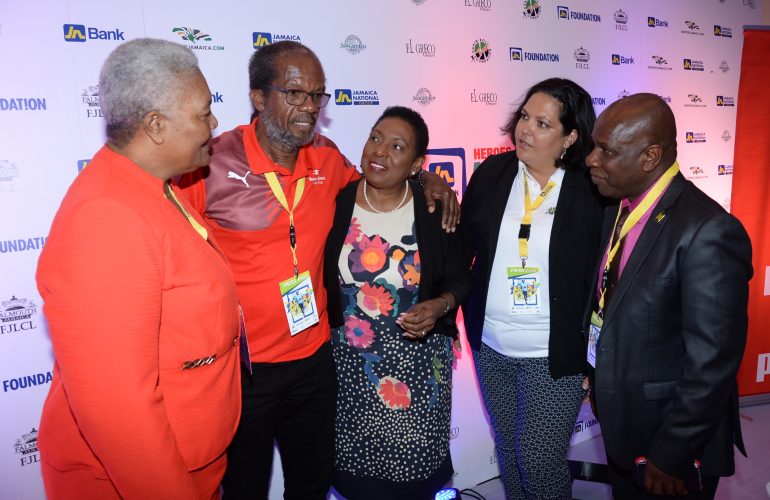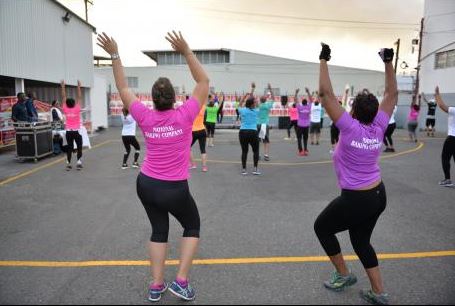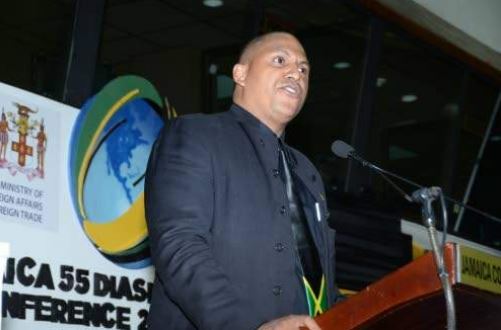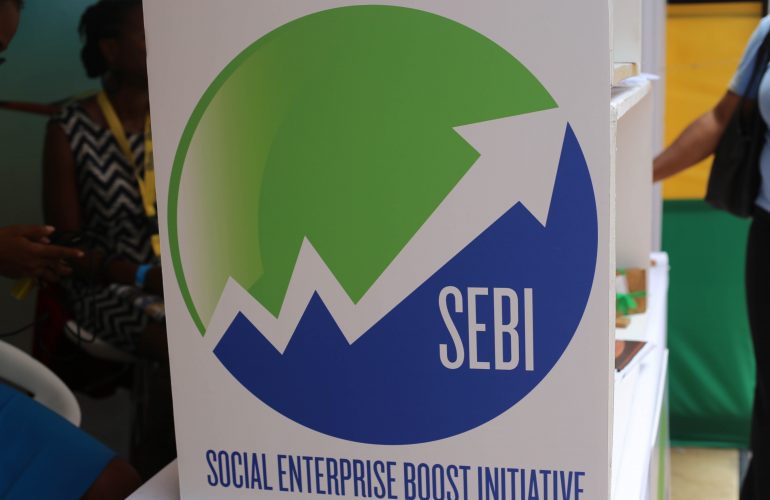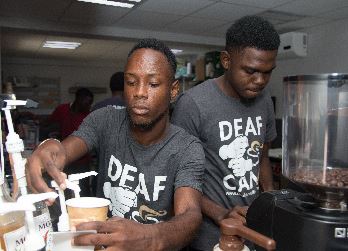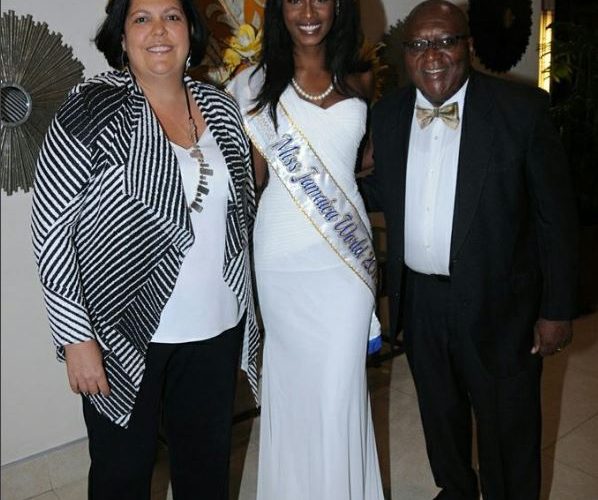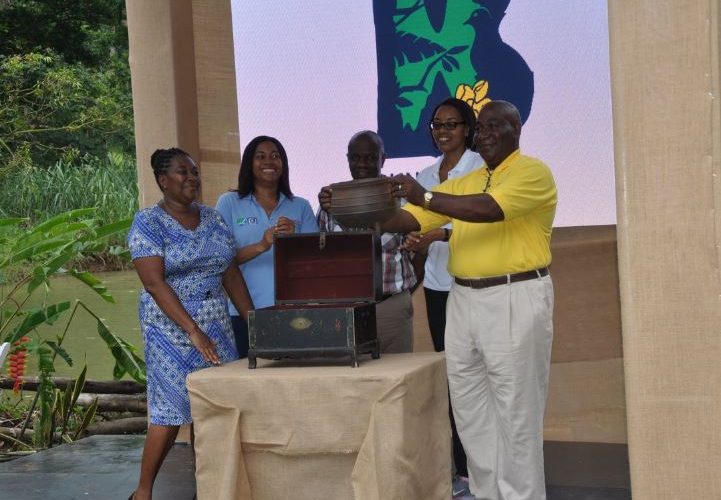The Jamaica Diaspora Education Task Force (JDETF) will officially announce its Jamaica 55 project at the staging of the 7th Biennial Jamaica 55 Diaspora Conference in July.
The ‘Pledge2Build’ campaign, which is valued at US$2 million, targets early-childhood and primary schools.
The funds will be used to upgrade schools across the island. Diaspora Board Member for West/Mid-West, United States of America and Chair of JDETF, Leo Gilling, told JIS News that the project will be executed in collaboration with Jamaica National (JN), adding that it has been declared a Jamaica 55 project for the Ministry of Education, Youth and Information.
The funds will be used to upgrade schools across the island. Diaspora Board Member for West/Mid-West, United States of America and Chair of JDETF, Leo Gilling, told JIS News that the project will be executed in collaboration with Jamaica National (JN), adding that it has been declared a Jamaica 55 project for the Ministry of Education, Youth and Information.
Mr. Gilling pointed out that one of the duties of the Task Force is to broaden the support for education by Jamaicans and organisations in the diaspora through active engagement, and to upgrade the infrastructure of early-childhood and primary schools through fundraising initiatives.
“We are an action-oriented unit, so I encourage everyone in the diaspora who wishes to give back to Jamaica and advance education to join our regular conference, discussions, fora and summits and give of their expertise to help our homeland,” he urged.
“We are an action-oriented unit, so I encourage everyone in the diaspora who wishes to give back to Jamaica and advance education to join our regular conference, discussions, fora and summits and give of their expertise to help our homeland,” he urged.
Since the Task Force was formed, it has been giving unwavering support to the advancement of education at various levels of the education system in Jamaica.
The Task Force has collaborated with the Ministry, Jamaica Teachers’ Association (JTA) and the Ministry of Foreign Affairs and Foreign Trade in conducting two biennial education summits to facilitate professional development and information exchange between Jamaican teachers and the diaspora.
Several other educational initiatives were undertaken by the JDETF. These included a five-week education camp for at-risk grade-three students. This programme, which is valued at US$500,000 and sponsored by the United States Agency for International Development (USAID), the Issa Trust Foundation and Food For The Poor, is aimed at improving the literacy and numeracy mastery level of these low-performing grade-three students.
This programme, which is valued at US$500,000 and sponsored by the United States Agency for International Development (USAID), the Issa Trust Foundation and Food For The Poor, is aimed at improving the literacy and numeracy mastery level of these low-performing grade-three students.
Presently, five teachers are participating in the Excellence in STEM Experimental Education (EXSEED) in California.
Through this initiative, a partnership was forged between the JTA and Loma Linda University in the US to train teachers in how to use iPads to teach STEM subjects in the classrooms. More than 100 teachers have benefited from the programme since its inception in 2014.
More than 100 teachers have benefited from the programme since its inception in 2014. Mr. Gilling explained that JDETF focuses on capacity building through professional development training, workshops and seminars for student teachers’ advancement.
Meanwhile, in collaboration with Broward Alliance Caribbean Educators in Florida and the JTA, the Education Task Force facilitated more than 250 teachers from across the island in a two-day middle managers workshop. They were exposed to training in areas of classroom management, leadership and best practices.
They were exposed to training in areas of classroom management, leadership and best practices.
Mr. Gilling noted that, going forward, the Task Force will continue to engage educators at their biennial summit in Florida; continue the five-year plan for the Pledge2Build campaign; build on the school-twinning project and expand the STEM education training and professional development for Jamaican teachers.
This year’s Diaspora Conference will be held from July 23-26 at the Jamaica Conference Centre, downtown Kingston, under the theme ‘Partnering for Growth’.
See the original article here!

